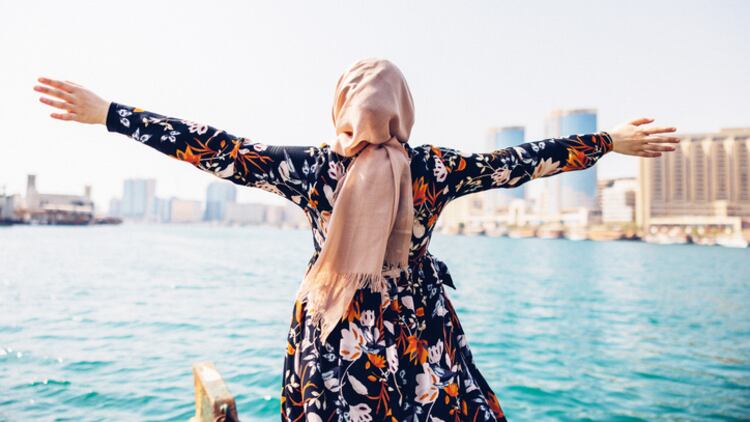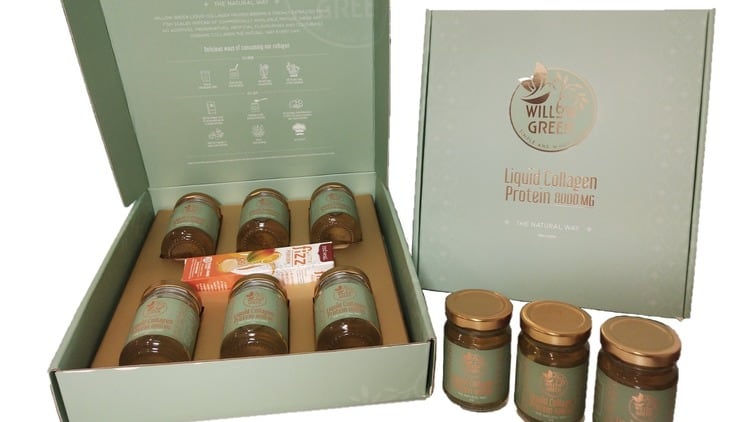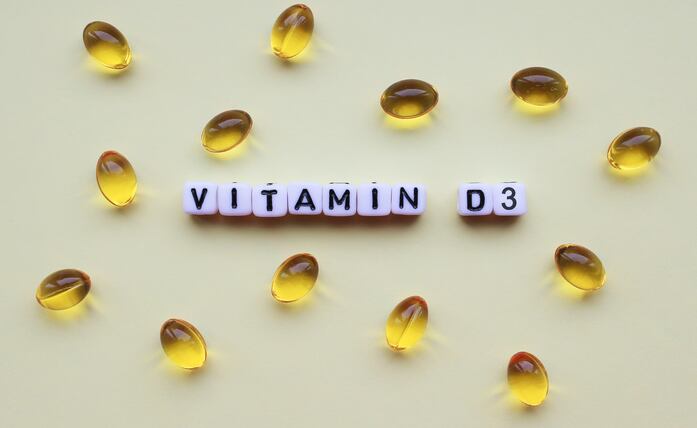Based in Singapore, the alliance consists of three entities – the supply chain group ER Marketing Singapore, subsidiary of Ever Rich under the Neo Group; packaging firm, NPE Print Communications; and the investment and enterprise arm of the Singapore Islamic Scholars and Religious Teachers Association (Pergas), Pergas Investment Holdings (PIH).
The figure spearheading the alliance, who is also the VP for the halal supply chain of ER Marketing, Zuraimi Jumaat, 51, broke the news exclusively to FoodNavigator-Asia.com recently.
“The alliance aims to address two gaps in the industry: the export opportunity and the facilitation of attaining halal certification.
“The key to capturing export opportunities to the global halal market is understanding the Middle East and consumer behaviour, which stems from branding and packaging. Another challenge is the halal certification. Different countries have various certifications for importing and halal standards.
“This is a serious gap, and few companies understand this barrier. With the alliance and hopefully more partners on board, we want to work on the market, consumer development and champion this.
“We also hope to facilitate South East Asia’s entry to the global halal market and vice versa,” said Zuraimi, who has been a halal supply chain specialist for over 15 years and formerly from the Halal Certification Strategic Unit of the Islamic Religious Council of Singapore (MUIS).
Additionally, there was demand from Europe and China to enter emerging markets in South East Asia like Indonesia. The region is home to approximately 60% of the world’s Muslim population.
He added that China is looking to enter the export market for halal products to complement its existing halal market.
Regarding export, the salient Western markets today that can be tapped are Canada, North America, South America and Europe due to their burgeoning Muslim population.
Supporting brands
Zuraimi provided two instances when the alliance was engaged – the Sabahan-owned nootropic performance beverage Eureka Drinks that wants to penetrate the Singapore halal market and Resorts World Cruises having the world’s first internationally halal-certified kitchen on a cruise liner.
Director and founder of Eureka Drinks Fadzrul Dullie first engaged with Zuraimi in early 2022 to get assistance in entering Singapore through the Halal Development Corporation (HDC) in Malaysia. The HDC is an agency under the Malaysian Ministry of International Trade and Industry (MITI).
His firm has four SKUs, comprising three types of shots and one drink, with eight more in the pipelines and manufactured in Johor Bahru, Malaysia (north of Singapore, linked by the Causeway).
The alliance assisted with its branding exercise, marketing and forecasting. Based on that, Fadzrul has planned to export five to six containers of beverages to Singapore that are worth around SGD$2 million (USD$1.4m).
“As much as people want to deny it, Singapore is the hub and platform to enter the global market. Engaging with this alliance allows us to understand the certification, secure connections and get local knowledge to tap into foreign markets. It’s very difficult to enter a non-domestic market. Halal is also not only about lifestyle. It allows people to see it as an accreditation standard and that it is a cleaner method for production,” said Fadzrul.
The second instance was halal tourism involving Resorts World Cruises liner, the Genting Dream. Zuraimi was the lead auditor working with the halal team for certification by United World Halal Development. The tricky part was that the cruise called on different ports in various countries, which meant it had to face different halal regulations and no dedicated overall halal body.
Hence, the alliance worked with a custom formula for the cruise and attained the global ‘umbrella’ of halal certification from the Organisation of Islamic Cooperation and Standards and Metrology Institute for Islamic Countries (OIC/SMIIC). The Genting Dream is now the first ship worldwide with an OIC/SMIIC-certified kitchen.
This halal initiative could be corroborated by an academic article on the UN website highlighting the demand among tourists for new destinations and services aligned with their religious beliefs and values, and one such example is halal tourism.
Furthermore, 11% of international tourists are Muslims, leading non-Muslim countries to offer halal tourism services and gain a share of the profitable USD$200 billion pie of Muslim tourists.
In 2023, Zuraimi said the alliance would be part of the World Halal Day (WHD) in Singapore. It was kickstarted in Singapore in 2014 by United World Halal Development and has ‘travelled’ to different countries – most recently in the Republic of Tatarstan from 19 to 21 May 2022 – to engage with governments and OIC trade delegations.
“Halal is about lifestyle, and the demand is now greater than ever. Therefore, those who venture into any verticals in the halal market could expect success,” said Zuraimi.
The Muslim purchasing power
The 1.9 billion Muslim spend is expected to reach USD$2.8 trillion by 2025 at a four-year CAGR of 7.5%, according to the DinarStandard State of the Global Islamic Economy Report 2022. The numbers were derived from numerous sectors spanning food, pharmaceutical, cosmetics, fashion, travel, media and recreation.
The spending reflects an 8.9% year-on-year growth from 2020, with Islamic finance assets estimated to have grown to USD$3.6 trillion in 2021 – an increase of 7.8% from USD$3.4 trillion in 2020.
“Despite the continued uncertainty related to the pandemic, global Muslim spending in 2022 is forecasted to grow by 9.1% for the Islamic economy sectors covered in this report, excluding the Islamic finance sector. All of these sectors, except travel, have returned to pre-pandemic spend levels by the end of 2021,” the report stated.




